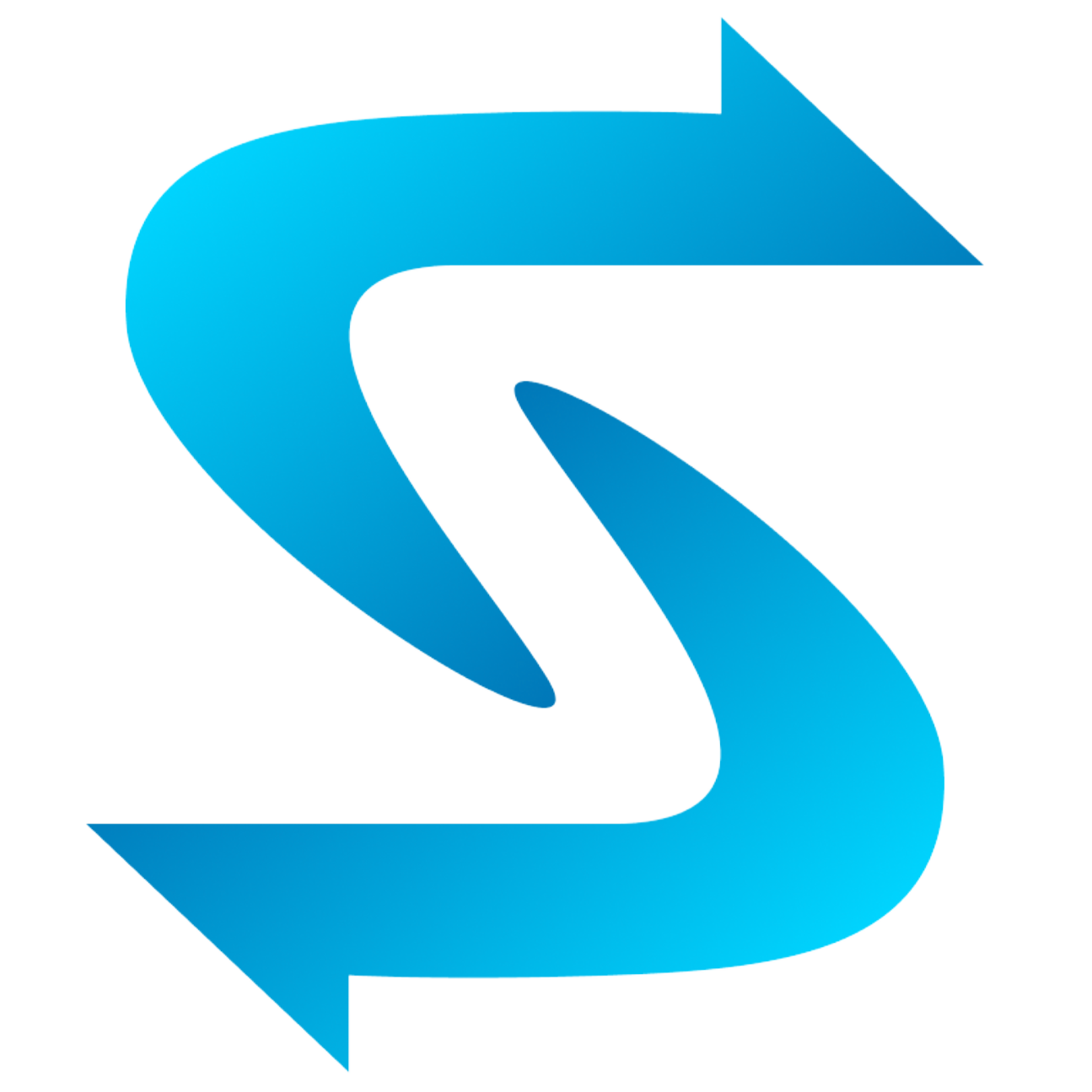Introduction: In recent years, blockchain technology has revolutionized various industries, offering new possibilities for secure, transparent, and decentralized systems. Algorand, a cutting-edge blockchain platform, has emerged as a frontrunner in this space, bringing forth innovative solutions to address the limitations of traditional blockchains. In this blog post, we will explore the key features and advantages of Algorand and delve into how it is poised to reshape the future of finance, governance, and other sectors.
The Algorand Protocol: At the heart of Algorand lies its groundbreaking consensus algorithm, the Algorand Protocol. Unlike other consensus mechanisms, such as proof-of-work (PoW) or proof-of-stake (PoS), Algorand achieves consensus through pure proof-of-stake. This means that it guarantees fast and final transaction confirmations, enabling high throughput while maintaining security and decentralization.
Pure Proof-of-Stake: Algorand's pure proof-of-stake model ensures that all participants have an equal opportunity to propose and validate blocks, eliminating the possibility of forks and ensuring the network's security. This approach also removes the need for energy-intensive mining, making Algorand an environmentally friendly blockchain platform.
Scalability and Speed: Scalability has been a major challenge for many blockchain networks, leading to slow transaction processing times and high fees. Algorand tackles this issue by utilizing a unique block propagation mechanism that enables rapid block confirmation and near-instantaneous transaction finality. With a throughput capacity of thousands of transactions per second, Algorand sets the stage for widespread adoption in global financial systems.
Smart Contracts and DApps: Algorand supports the execution of smart contracts and decentralized applications (DApps) through its Algorand Standard Asset (ASA) framework. ASA allows users to create and manage customizable tokens on the Algorand blockchain, opening up possibilities for digital asset creation, tokenization of real-world assets, and decentralized finance (DeFi) applications.
Governance and Decentralized Decision-Making: In addition to its technical prowess, Algorand embraces a unique governance model that enables decentralized decision-making within the network. The Algorand community actively participates in the platform's evolution through on-chain voting, proposing protocol upgrades, and shaping the future direction of the ecosystem. This inclusive governance approach ensures that Algorand remains a dynamic and adaptive platform, responsive to the needs of its users.
Real-World Adoption: Algorand has garnered significant attention and adoption across various sectors. It has become a preferred choice for projects seeking a scalable and secure blockchain infrastructure. From decentralized finance and asset tokenization to supply chain management and digital identity solutions, Algorand is powering real-world applications that are transforming industries and driving innovation.
Conclusion: Algorand stands at the forefront of blockchain technology, offering a powerful platform for building decentralized applications and facilitating a borderless economy. Its unique consensus algorithm, scalability, speed, and governance model position it as a leader in the blockchain space. As Algorand continues to grow and evolve, it has the potential to shape the future of finance, governance, and countless other sectors, unlocking new possibilities for a decentralized and inclusive global ecosystem.

